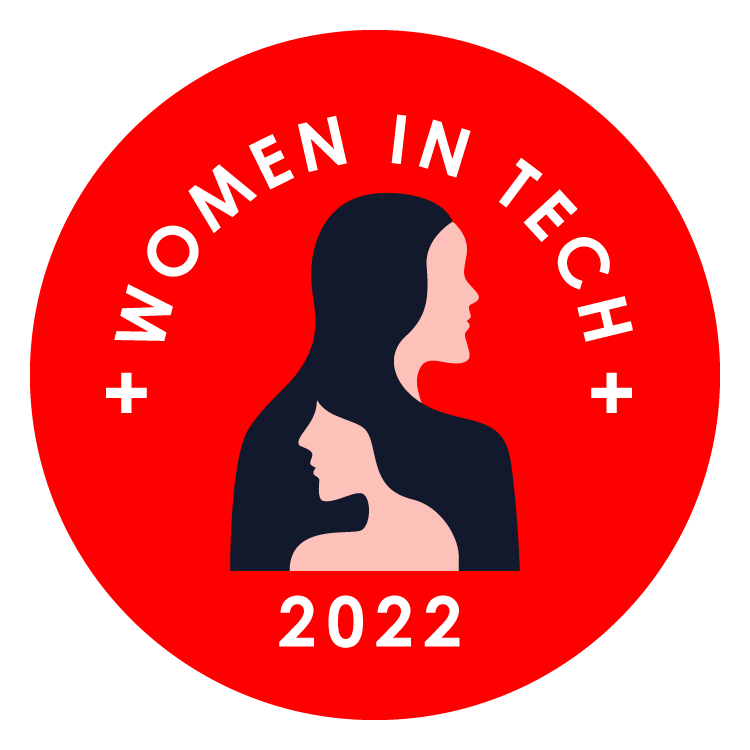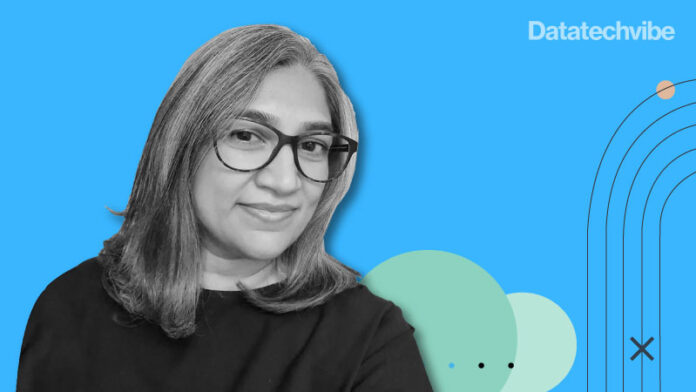The biggest change post-pandemic is the adoption of cloud technologies, says Shaytel Patel, Head Of Technology Audit at DP World, UAE.

A more crucial factor to consider is how boardroom discussions now include security and governance of technology, something that was earlier left to the IT teams. Datatechvibe spoke to Patel about how technology has secured a seat at the table, leveraging IoT to build smarter supply chains and mentoring women tech leaders.
Excerpts from the interview:
How are emerging technologies changing the way supply chains operate?
Some of the key emerging technologies, which apply to the supply chain, include artificial intelligence and machine learning. It helps deliver smarter fulfillment strategies with greater visibility through predictive analysis of the demand to supply ratio.
It helps optimise supply chain routes; reduce delays and eliminate redundancy. There are many variables involved like cost equipment availability, lead times, etc. With AI, we’re able to optimise all of these for a more efficient and reliable supply chain. Other use cases include automated material handling and automated transactions. There are factors like control protection, movement, storage of products and materials which require an automated handling system. The use of IoT is growing. We look for prediction, monitoring assembly lines and manufacturing units to reduce downtime and diminish any negative effects it may have on the supply chain like delays due to faults or unavailability of high-performing manufacturing units.
How can companies stay flexible to keep up with changing data privacy laws?
In terms of governance around data privacy and personal data, we see governments across the world are coming up with regulations.
Companies need to find a practical and realistic way to handle data. Research the applicable regulations, find one that is most relevant to your jurisdiction, or seems more comprehensive across your business and use that as a base. Implement it by designing your own data privacy program around that. To deal with changing laws, companies need to continuously keep aligning with their chosen framework so that any deltas can be addressed over time instead of having to spread across trying to prove the alignment and compliance to multiple regulations at the same time.
How would companies that have a multinational presence manage this?
I have seen many companies do this. The GDPR was one of the first regulations which had a global overarching impact and outreach. Most organisations took GDPR as a base, and then mapped the other regulations into GDPR on a side-by-side basis to identify what is that highest, common factor that they needed to comply with. They developed their programs based on that.
How has the digital transformation in the Middle East changed the way companies do business in the last two years?
The biggest change is that companies and organisations have opened up to cloud technologies. They have embraced it with the technology benefits, recognised the risks, and put in measures to address those risks.
There is a greater focus on security and governance of technology, something that was earlier left to the IT teams. Technology, security and cloud – these are topics that are now being discussed at the board level and are being given the right importance and investment. This is critical to safely move businesses into this digital era, and the era of the cloud.
What advice would you give women beginning their careers in tech?
I mentor women regularly in technology. A lot of times, women don’t recognise their own skills. We tend to second guess ourselves.
I would like to motivate them by saying, ‘The skills are in there, you have it in you. Recognise your own potential. Be confident about what you know, and have your facts right. You have the education, you’ve done the research, you’ve put in the hours. Let’s continuously reassure ourselves. We can do it.’
Get out there, learn the new technologies, master what it is that you want to set your mind to, and do it with confidence. Believe that it’s not a woman out there in technology. It’s a leader in technology.
I am a part of the ISACA group (Information Systems Audit and Control Association) which is the IT audit organisation. I mentor young women who are looking to get into IT audit, or who are finance auditors looking to pick up some knowledge in technology.
We have a women’s mentorship and leadership program in my organisation. I mentor my team as well. I have just recently signed up for a global mentorship program on LinkedIn where I will be formally mentoring women in technology.
The second edition of the Enterprise Cloud and Data Centre (ECDC) Forum will be held on May 25 and 26, 2022 in Dubai.









